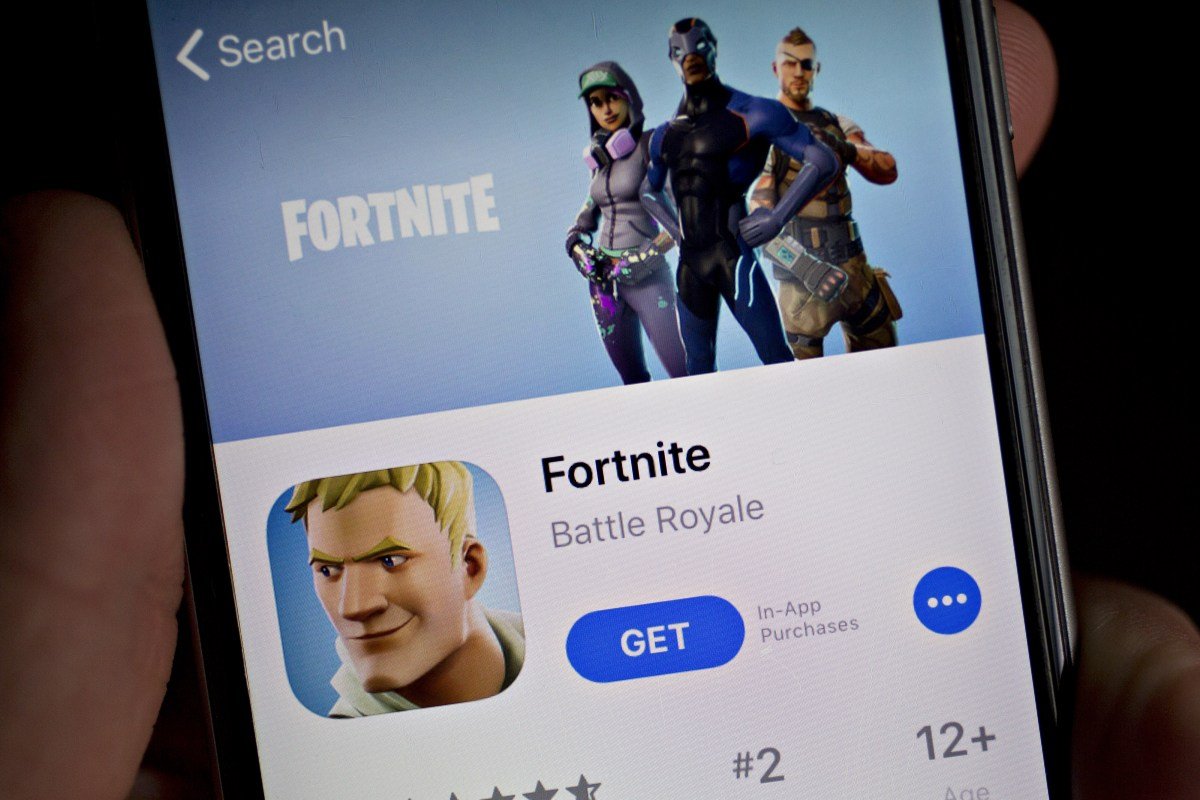Fortnite maker Epic Games is far from pleased with Apple’s plan to comply with a district court’s ruling allowing app developers to direct users to their own websites and payment platforms. This injunction was put in place after the Supreme Court declined to hear the Apple antitrust case, ultimately leaving the current ruling in effect. While Apple technically won the case, with the court deciding against it as a monopolist, a judge determined that app makers should have the ability to guide customers to external payment options from within their apps. This decision forced Apple to adjust its App Store guidelines.
But Apple’s compliance does not provide the victory that app makers had hoped for, as the tech giant still intends to collect commissions on purchases made outside of apps. This is a decision that Epic plans to confront in court.
Epic Games CEO Tim Sweeney made a statement expressing his dissatisfaction with Apple’s “bad-faith” compliance, claiming that it undermines the judge’s order to allow buttons and external links “in addition to [in-app purchases].” This statement was shared on X, a platform for tech news and commentary.
In a ruling, the Ninth Circuit District Court favored Epic on one of its ten counts, concluding that Apple violated California’s Unfair Competition law. This meant that Apple was required to remove the “anti-steering” clause from its App Store agreement with developers. This clause had previously prevented app developers from directing users to alternative payment methods or subscription options from within their apps. As a result, customers were often met with confusing screens or broken features, needing to manually search for ways to purchase items or subscriptions on the developers’ websites.
After the Supreme Court’s ruling, Apple updated its App Store Guidelines. However, this came with several caveats. Developers would still be subject to a 27% commission on purchases, instead of the previous 30%. For developers in the Apple Small Business Program or with auto-renewing subscriptions in their second year, the commission would be reduced to 12%, rather than 15%. This 3% discount is similar to Google’s User Choice billing pilot program, which has seen Spotify and Bumble among its early adopters. Google offered a 4% discount in its case. However, many have argued that these small reductions are not significant enough to make alternative payment processing viable for most developers, who are still required to pay processing fees that often exceed the discount.
Sweeney agrees with this sentiment, stating in a recent post on X that developers are not able to offer their digital items for lower prices on the web, even after paying a third-party payment processor, who typically charge 3-6%. This, combined with the new 27% “Apple Tax,” makes external payment processing unfeasible for developers.
Sweeney also notes that Apple has strict control over the appearance of new links and buttons for external payment options. Developers must apply for permission to include these links, which cannot be a part of the app’s regular payment flow but instead must be located in a separate section. Additionally, these links open in a generic web browser, requiring users to log in again to the developer’s website. This creates an extra obstacle for non-app store purchases, as customers must then search for the item they wanted to buy after logging in.
According to Sweeney, Epic will challenge Apple’s compliance in District Court. The Coalition for App Fairness, a developer lobbying group that includes Epic, also released a statement on Apple’s new App Store rules.
“Apple’s approach to ‘compliance’ with the District Court’s decision will not benefit developers and consumers. The new 27% commission on non-app store payments goes against the intentions behind the injunction and hinders competition,” said Rick VanMeter, Executive Director of the Coalition for App Fairness. “These changes do not expand consumer choice, decrease prices for in-app purchases, or introduce competition into Apple’s walled garden. It is this type of monopolistic behavior that highlights the importance of Congress passing the Open App Markets Act,” he added.








